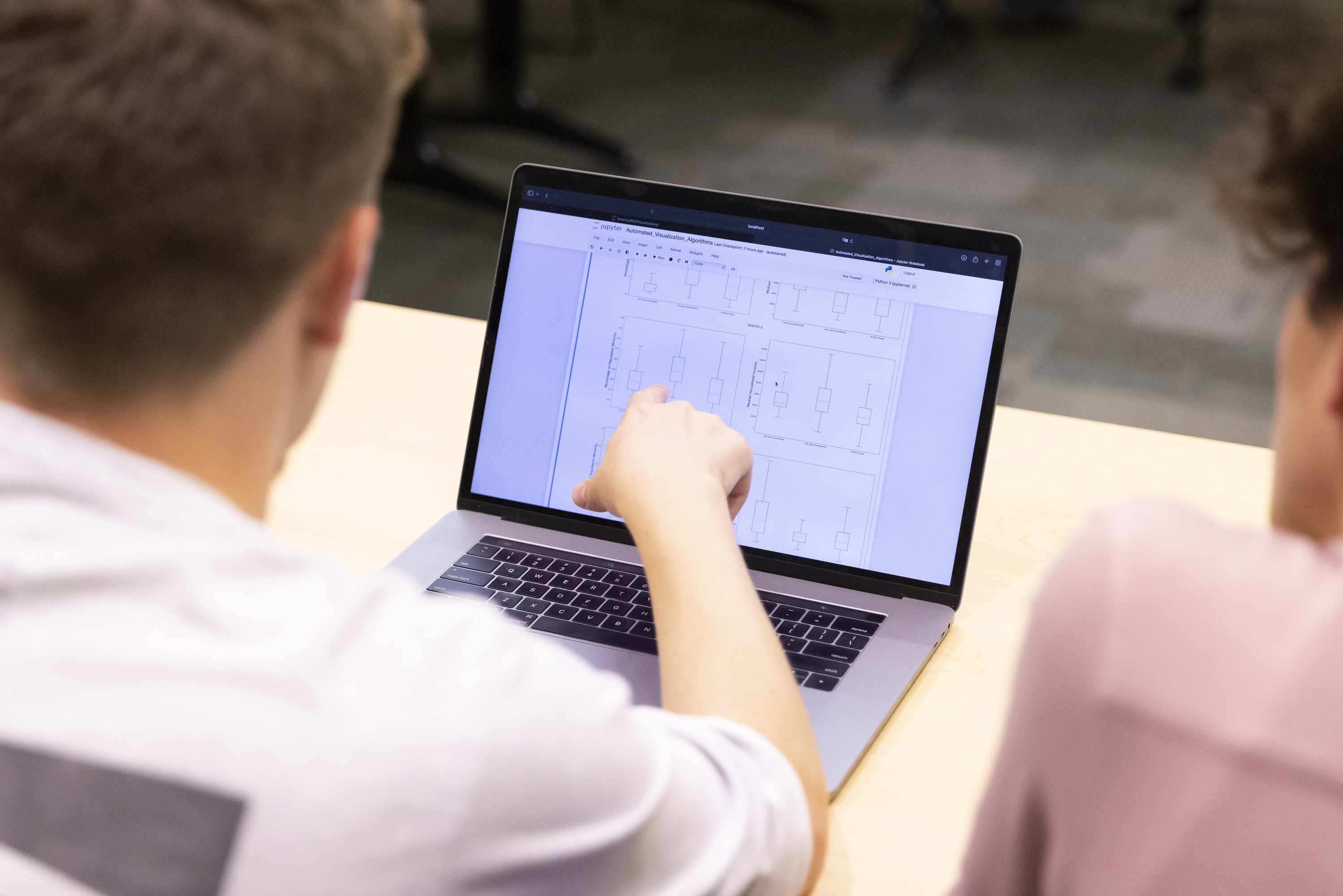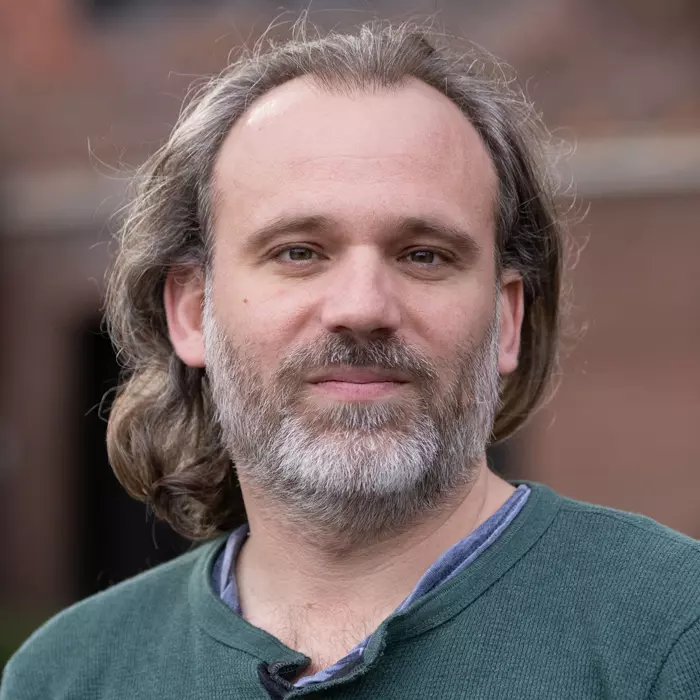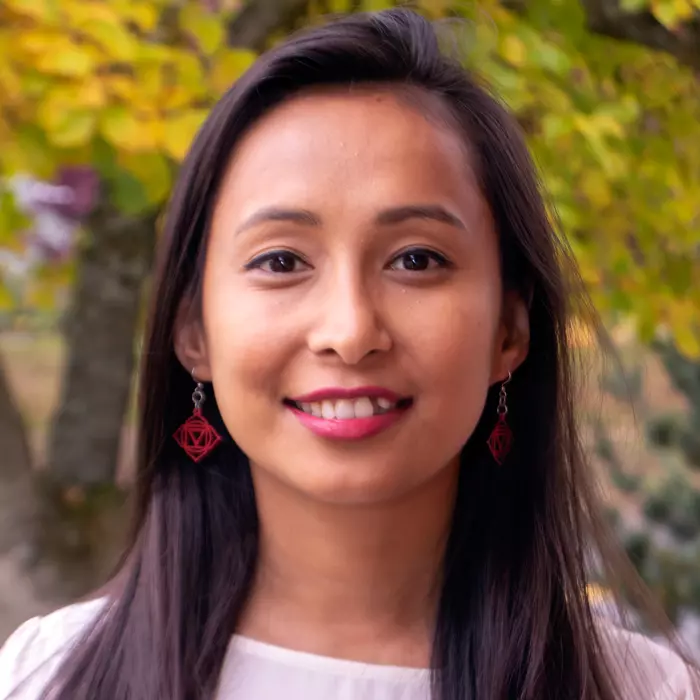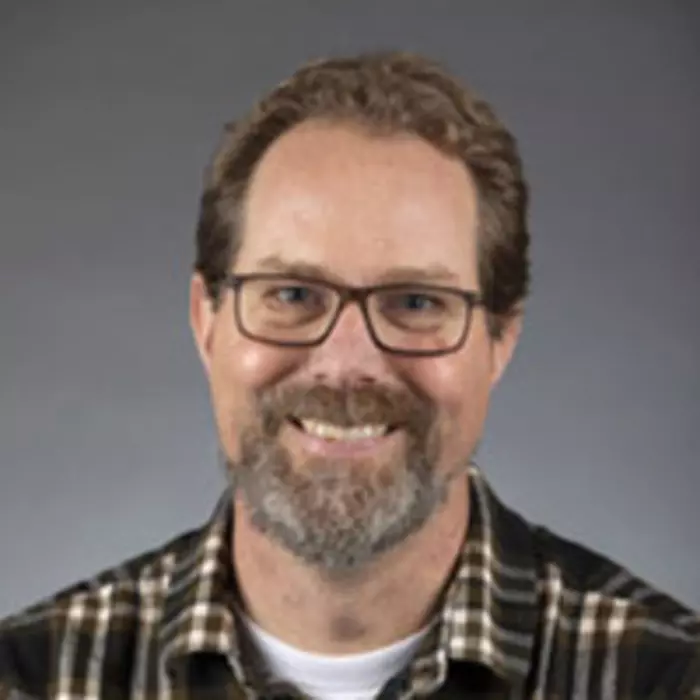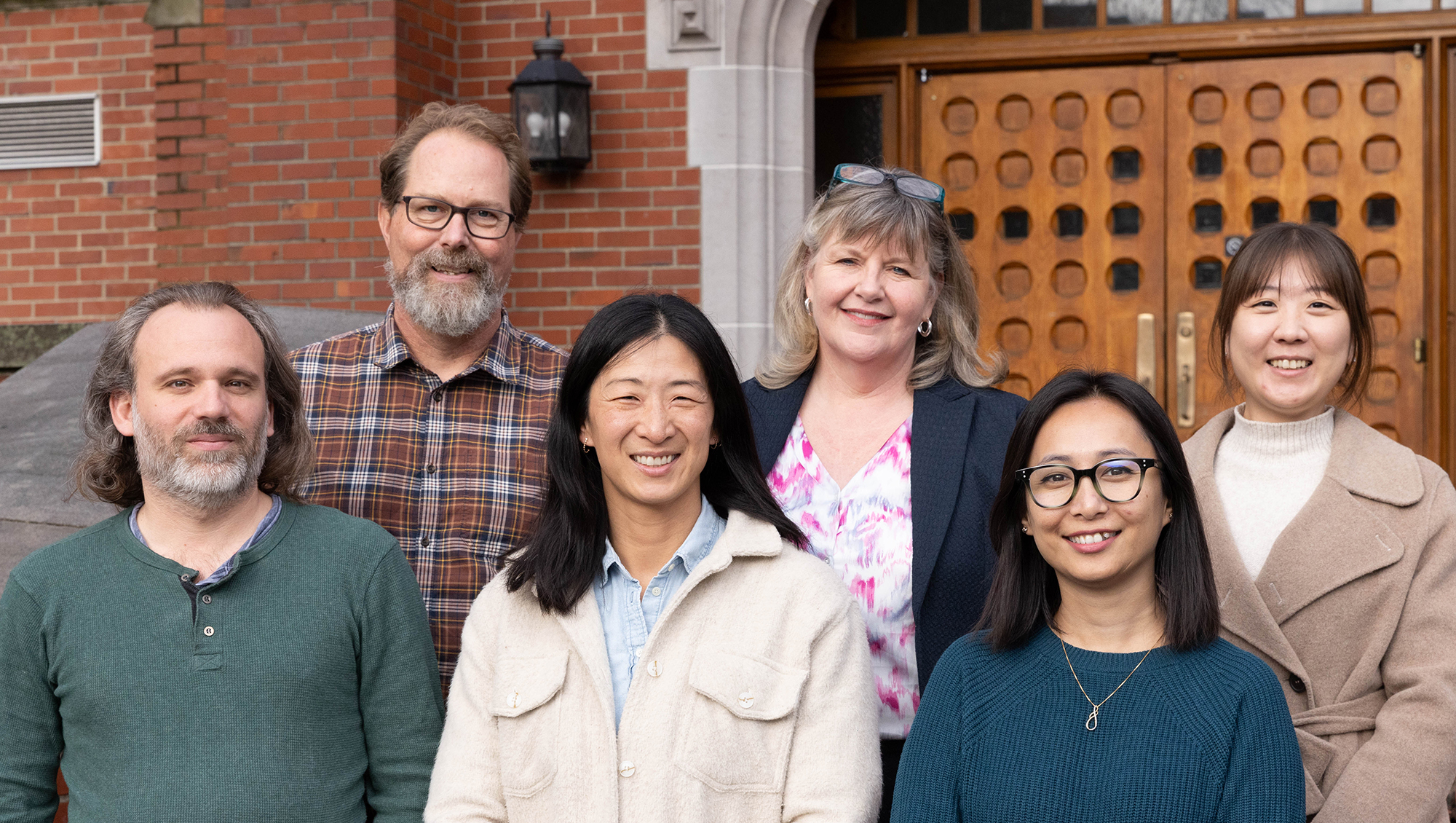How do individuals make decisions about work, wealth, and well-being? How do governments affect the overall level of economic activity? How do firms decide how much to produce and what prices to charge? How is the discipline of economics used to design policies for environmental concerns such as climate change?
Economics is the social science concerned with individual and collective decision-making in a world where resources have multiple uses. Students in the economics department at Puget Sound use the tools of economics to critically analyze private and public decision-making processes, contemporary and historical socioeconomic issues, and the fundamental role that economic forces play in society. The department also provides students with the mathematical, statistical, and experimental tools necessary to investigate these various areas.
